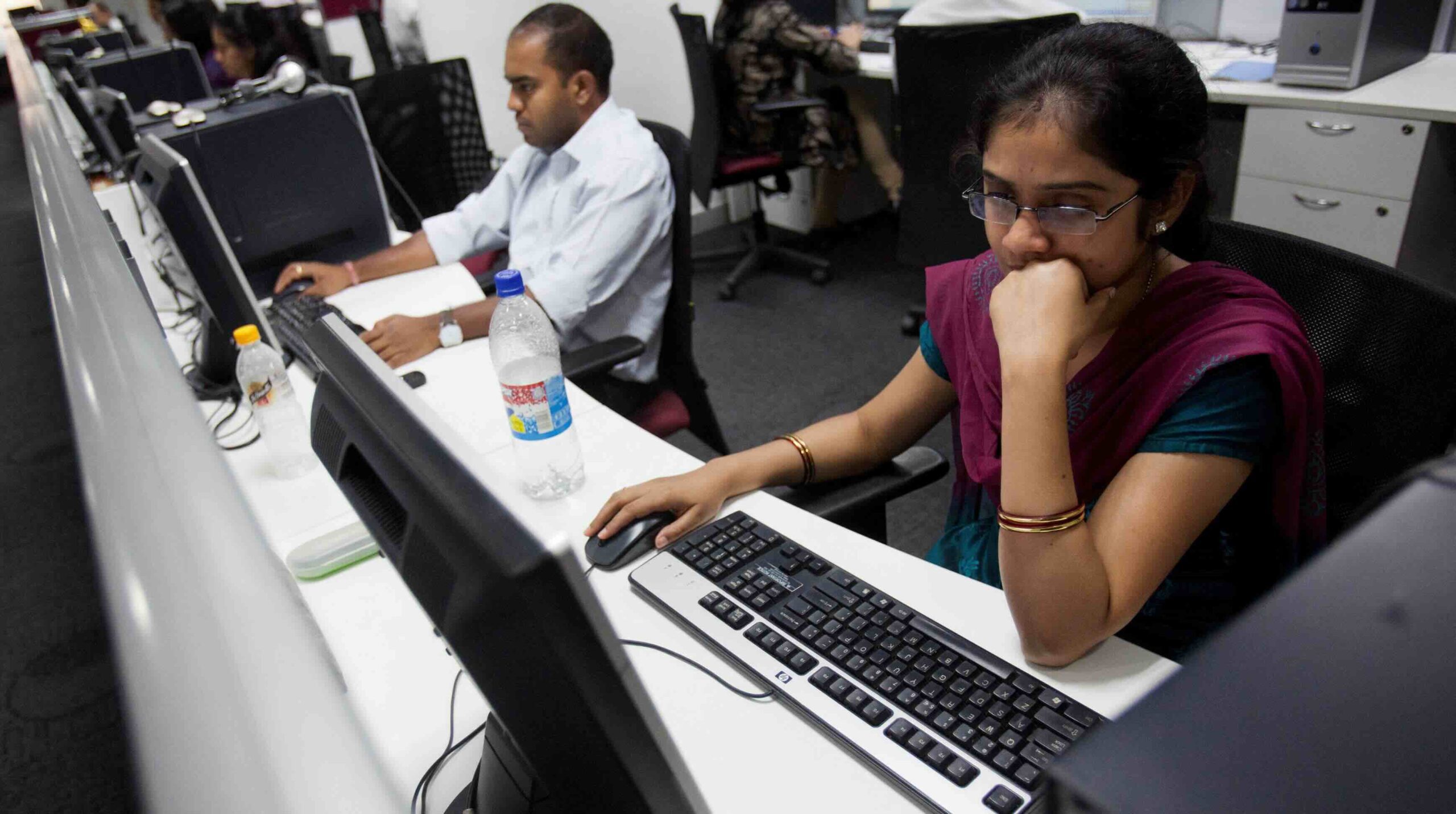The NAB Consumer Stress Index report has seen a consistent uptick for the past five quarters, reaching its highest level since the first quarter of 2020.
The primary factor contributing to this stress is the cost of living.
“While the stress related to the cost of living has steadied, apprehensions regarding job security continue to surge, particularly in the December quarter,” notes the report.
The juxtaposition of stable cost-of-living stress against the rising concerns about job security holds significance for the 2024 consumer outlook.
Consumption smoothing
Australians are resorting to “consumption smoothing,” meaning they are making deliberate choices to manage their household finances, support their lifestyles, and handle unforeseen expenses.
Stress levels concerning living costs remained unchanged at 69.4 points during the final three months of December, primarily due to the moderation of inflation.
Overall, the NAB Consumer Stress Index climbed to 59.9 points, up from 56 points in the preceding December quarter.
This development comes as PM Anthony Albanese called a sudden caucus meeting in Canberra, bringing together all Labor MPs to discuss measures aimed at mitigating the inflationary impact on middle Australia’s cost of living.
Job-related stress
NAB also pointed out that apart from job-related stress, consumers are increasingly concerned about the effect of government policies on their future spending and savings plans.
The survey revealed that slightly over one in five consumers now experience “very high” levels of stress due to government policies.
“Consumers also reported the highest level of stress stemming from their ability to fund their retirement since the onset of Covid in March 2020.”
Concerns about job security have been on a steady rise among consumers since the third quarter of 2022, coinciding with more challenging economic conditions.
Consumer anxiety
In the December quarter of 2023, it reached 48.2 points, marking an almost 14% increase from the previous year and consistently exceeding the NAB survey average of 45.8 points.
NAB anticipates that consumer anxiety about job prospects will continue to grow this year as unemployment rates rise amid a slowing economy.
NAB’s forecast indicates that the jobless rate may reach 4.5% by the end of 2024, up from 3.9% recorded last month.



 News3 days ago
News3 days ago


 Shows3 days ago
Shows3 days ago


 Leaders3 days ago
Leaders3 days ago


 News3 days ago
News3 days ago


 Docos5 days ago
Docos5 days ago


 Leaders4 days ago
Leaders4 days ago


 Leaders4 days ago
Leaders4 days ago


 News2 days ago
News2 days ago





